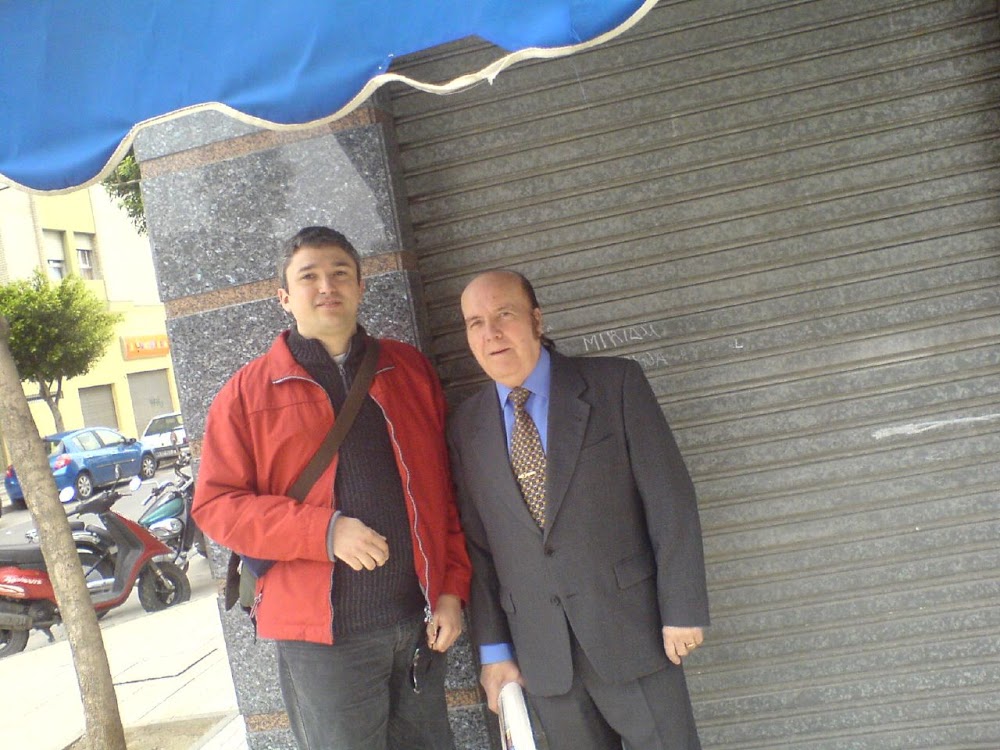The following clip contains some great examples, and there are more over at Wikiquote:
Chiquito‘s classic use of this termination suggests that he may have got it from his father:
–¡Paparl, llévame al circorl!
–¡Norl! ¡El que quiera verte, que venga a casa!
However, I’ve never come across it in (dialect) literature or anywhere except in imitations of Chiquito (which is why it doesn’t show up in my Spanish-Andalusian transformer). So until someone tells me otherwise, I’m going to take it to be a grotesque idiolectal play on the typical (but not exclusively) Andalusian ‘l’ and ‘r’ show–the confusion of the two phonemes, their elision, or their subsumption in a single phoneme.
(How extraordinary that afaik no professional linguists have commented on this!)
Similar posts
Back soon


Likely, Trevor, it is a version of ‘costero’. In Motril, for example, you can hear Spanish reduced to a language of consonant dipthongs – at least once you’ve figured out that their actually speaking it. Also recall the postel de la luz.
Whenever I post something like this, people kindly mail me lots of other crazy stuff. As I said to one of them it’s a shame the RAE is so concerned with the Unity of the Language that efforts to map the extraordinary complexity of Andalusian linguistics have been modest. But then perhaps if there is no method in the madness it isn’t worth it anyway.
It all makes me wonder whether the same kind of thing has happened on the Ottoman-Christian military frontier in the Balkans. But Southern Slav social scientists make their Spanish colleagues look sane, so I’ve no plans to find out.
http://www.kakanien.ac.at/mat/CZES3.pdf
The Balkans are much more complicated, on both sides (fi you can call them that).
Mr Butler agrees that it’s the Málaga variant of costero. If we were to take the DRAE to be a Spanish OED, then we could spend frustrating hours fiddling around with its third, Andalusian sense of the word, “Obrero encargado de ir a buscar al pueblo los comestibles cuando los trabajadores se ajustan a seco, o sea comiendo por su cuenta.” But we should look to the costa and not to the costo.
Perhaps El Koala’s “Soy arbañi” http://www.youtube.com/watch?v=SxfubKjcONY is the costero classic in both the costo and costa senses of the word
Ah, the joys of rustic rock!